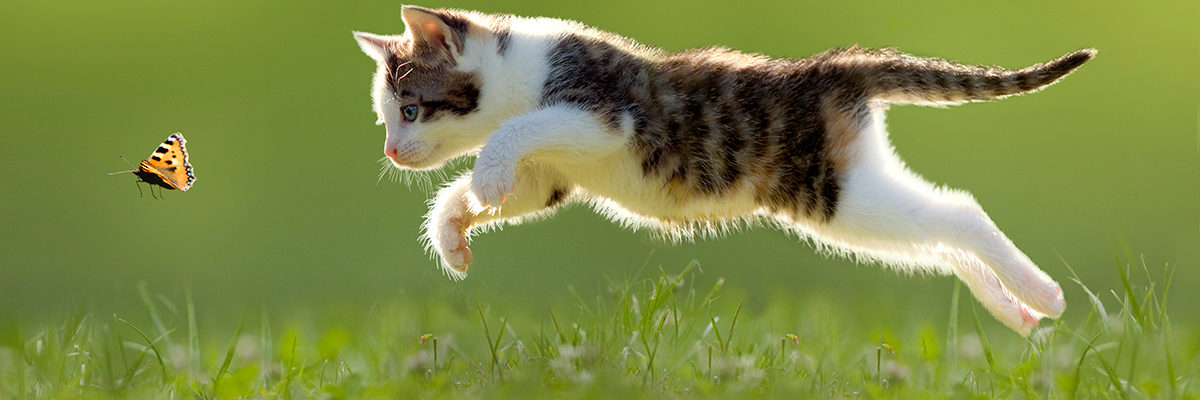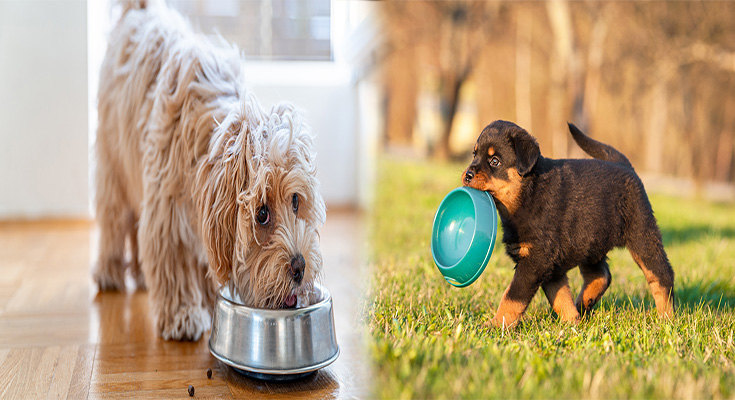As a parent, you want to do everything possible to make sure your baby is healthy. That’s why it’s important to give your new puppy the best nutrition and care possible. A healthy puppy will grow into a happy dog with all the energy she needs for playtime, walks and other fun activities!
What’s the best food for your puppy?
If you’re a new dog owner, it’s important to remember that puppies need a diet that is formulated for their unique needs. Most puppies are fed commercial diets, but these can be high in calories and fillers like corn gluten meal or soybean flour. This isn’t the best choice for your puppy because these ingredients don’t provide much nutritional benefit and may cause stomach upset if given regularly over time.
Homemade diets can be difficult to get right: You’ll need to find balance between nutrients like protein (which helps build muscle), fat (which provides energy) and carbohydrates (which give your dog energy). A balanced homemade diet will also include vitamins and minerals such as calcium carbonate for strong bones; vitamin A for good vision; vitamin E for healthy skin; zinc oxide as an immune system booster; copper sulfate as an antioxidant; iron sulfate/ferrous fumarate complexed with amino acids chelated iron which helps prevent hemoglobin deficiency anemia associated with pyridoxine deficiency syndrome
How much should I feed my puppy?
The first step to feeding your puppy is to calculate how much she needs. If you have an adult dog, you can use the feeding chart on the back of his food bag as a starting point. However, puppies need more calories than adult dogs and so you may need to increase or decrease portions depending on how quickly your puppy grows (or doesn’t).
The easiest way to determine how much food should be fed is by weighing them daily at the same time over a week’s period–this will help establish their daily average weight loss rate so that you know if they’re eating enough food or not. A good rule of thumb is: if their weight stays stable over several days with no noticeable change in activity level or behavior then there’s nothing wrong with continuing this routine; however if there does seem like something needs adjusting then consult your veterinarian before making any changes!
What are the most important nutrients for puppies?
Puppies need protein, fat, carbohydrates and vitamins and minerals. While all of these nutrients can be found in a variety of foods that you might feed your puppy (such as meat or dairy products), it’s important to make sure that you are feeding them enough of each one.
To get an idea of how much protein a puppy should have per day:
- Puppies between 4-6 weeks old need about 25 grams of protein per day
- 6-8 week old puppies need 35 grams per day
- 9-12 week old puppies need 50 grams per day
How do I know if my puppy is getting enough nutrition from her diet?
How do I know if my puppy is getting enough nutrition from her diet?
If your puppy is growing at a normal rate and has a healthy weight, then she’s probably getting enough nutrition. However, if you notice any of the following symptoms in your dog, it could be an indication that she needs more calories:
- She has dry or flaky skin or coat problems like dandruff or itchiness
- She seems lethargic or tired all the time (despite adequate rest)
Feeding your puppy a good diet is an important part of keeping her healthy.
Feeding your puppy a good diet is an important part of keeping her healthy. A lot of people think that puppies just need to eat whatever they want, but this isn’t always true. As you might have noticed, puppies are growing at a rapid pace and need extra nutrients to support their growth and development.
If you’re thinking about getting a new dog or already own one, it’s important to understand what kind of food will help keep him happy and healthy throughout his life stages: puppyhood, adulthood and seniority (old age). Let’s look at each stage separately so we can see how different diets affect these stages differently:
I hope you found this guide to be helpful, and that it helps you make better choices for your puppy’s food. I know how hard it can be to find the right food for your pet, so if you have any questions about what I’ve covered here or anything else related to feeding your little one well please don’t hesitate to contact me!





